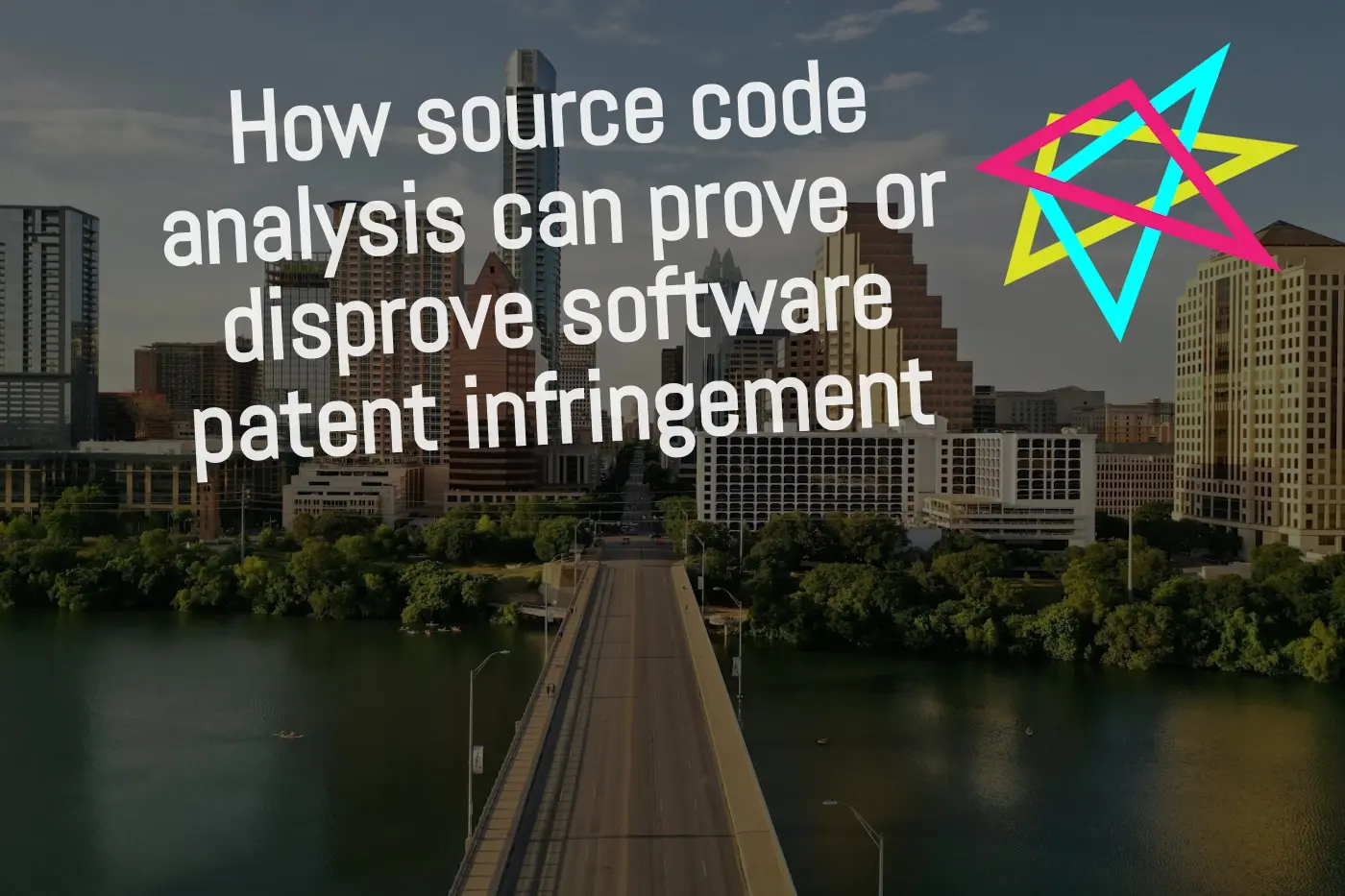
How to choose the right software expert witness
Having the right expert witness can make all the difference when faced with a complex legal case involving software. How do you choose the right one?

Having the right expert witness can make all the difference when faced with a complex legal case involving software. A software expert witness brings specialized knowledge and experience to the table, helping to clarify technical issues for judges, juries, and attorneys. But with so many experts, how do you choose the right one? In this guide, we'll walk you through the key factors to consider, credentials to look for, and tips on finding the best match for your case.
Factors to Consider When Choosing a Software Expert Witness
Let’s review the facts you should consider when choosing the right software expert witness.
Relevant Industry Experience
When selecting a software expert witness, one of the first things to consider is their industry experience. A witness with a deep understanding of the specific industry related to your case provides specialized knowledge and insights that a generalist can't. For example, a healthcare software case would benefit from an expert with experience in medical IT systems, as they would be more familiar with industry standards, regulations, and common practices.
Technical Expertise and Specialization
The complexity of software-related cases often demands a witness with specialized technical expertise. Whether your case involves cybersecurity, software development, or database management, choosing an expert with in-depth knowledge of the specific technical area is vital. Their ability to dissect and explain intricate technical details is invaluable in building a solid case.
Communication Skills
While technical expertise is essential, the ability to communicate complex concepts in a way that is easily understood by non-technical audiences is equally important. Your software expert witness must be able to translate technical jargon into clear and concise explanations that resonate with judges, juries, and attorneys. Strong communication skills significantly influence how the technical aspects of your case are perceived in court.
Litigation Experience
Prior experience in the legal arena is another critical factor. A seasoned expert witness who understands the nuances of courtroom procedures, legal terminology, and the expectations of cross-examination will be better equipped to handle the pressures of a trial. Their familiarity with the legal process can also contribute to a more seamless collaboration with your legal team.
Reputation and Credibility
Finally, an expert's reputation and credibility within the industry can significantly impact the weight of their testimony. An expert who is well-regarded by peers, has a track record of successful cases, and demonstrates integrity will carry more influence in court. Take the time to research potential witnesses, review their case history, and seek out testimonials from previous clients.
Credentials to Look For
Now that you know what factors to consider, let’s dive into what credentials to look for.
Industry Experience
Experts with deep private sector experience have strong courtroom credibility because they have real-world context for common practices, challenges, and standards. Moreover, industry-seasoned experts are better equipped to understand and articulate the practical implications of technical issues, and when it comes to software, bridge the gap between complex software concepts and their applications.
Case History and References
Examining an expert's case history and seeking out references from past clients are crucial steps in the selection process. Look for experts who have successfully handled similar cases and received positive feedback from previous clients. This can give you confidence in their ability to deliver compelling testimony.
Academic Qualifications
A solid educational background is a foundational credential for any expert witness. Look for experts with formal education in relevant fields, such as computer science, software engineering, or information technology. Continuous education and staying current with the latest industry trends indicates an expert's commitment to their field.
Tips on Finding the Best Match for Your Case
Define Your Case Needs
Before you begin your search, narrow down the specific expertise required for your case. Understanding the technical issues will help you identify the right expert to address those aspects with authority.
Conduct Thorough Research
Use professional networks, online directories, and industry groups to find potential experts. Look for individuals with a solid online presence and case history who are active in relevant industry communities.
Interview Potential Experts
Once you've identified potential candidates, conduct interviews to assess their experience, approach, and availability. Ask about their previous cases, how they prepare for testimony, and their approach to explaining complex technical issues. This will help you gauge whether they are the right fit for your case.
Assess Compatibility
Measure how the expert's communication style and approach align with your legal team's strategy. A compatible expert witness will work more effectively with your attorneys and contribute to a more cohesive case presentation.
Evaluate Cost vs. Value
While it's important to consider the cost of hiring an expert witness, it's equally important to weigh the value they bring to your case. A highly qualified expert may command higher fees, but their ability to deliver compelling testimony can significantly impact the outcome of your case.
Conclusion
Choosing the right software expert witness is fundamental to building a solid legal case. Select an expert who will effectively support your case by considering experience, technical expertise, communication skills, litigation experience, and reputation. When evaluating potential experts, remember to look for strong industry and case experience, academic qualifications, and professional certifications. Finally, take the time to define your needs, conduct thorough research, and assess the compatibility and value of each candidate. With the right expert by your side, you'll be well-equipped to handle the complexities of your case.










